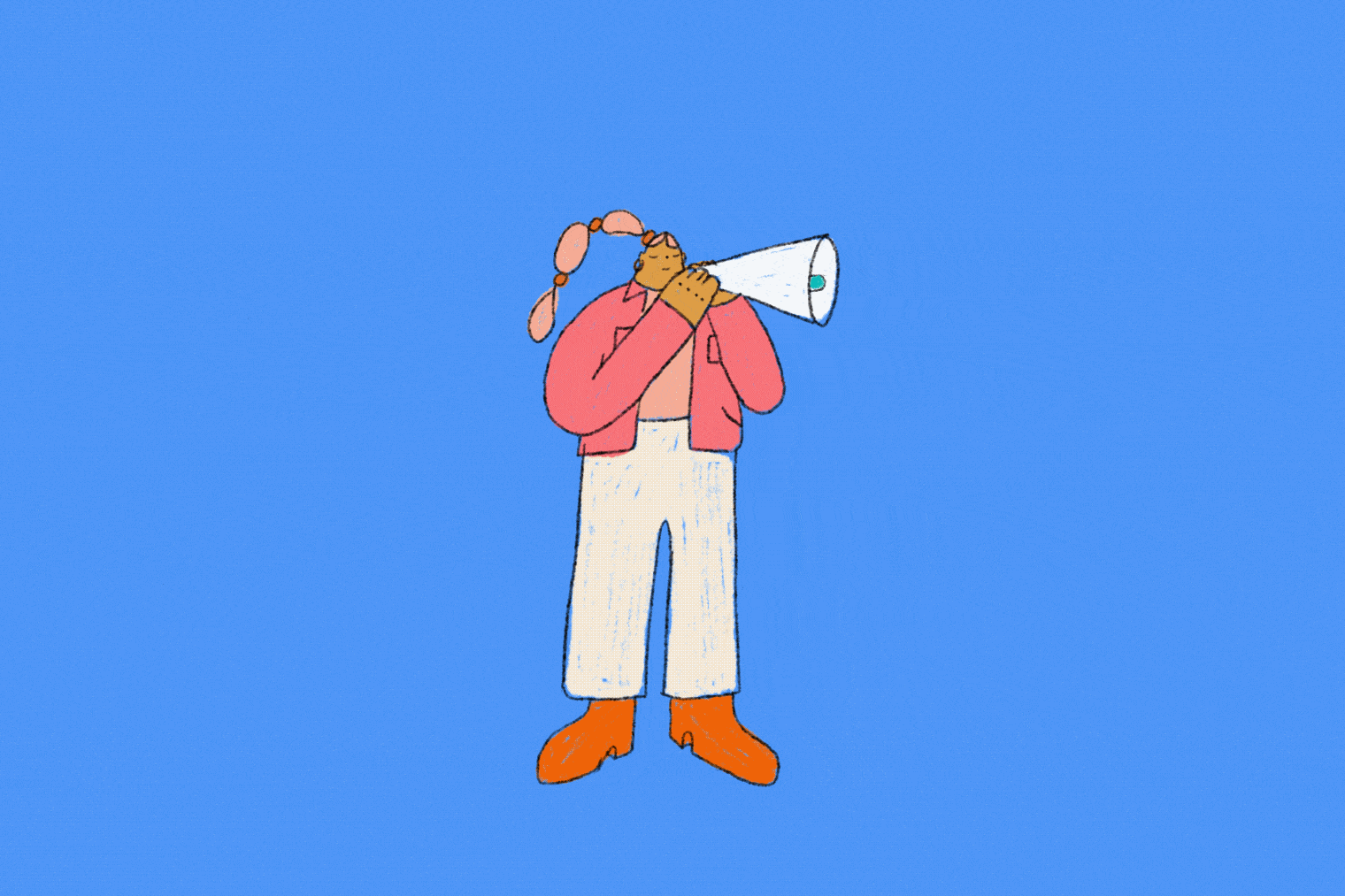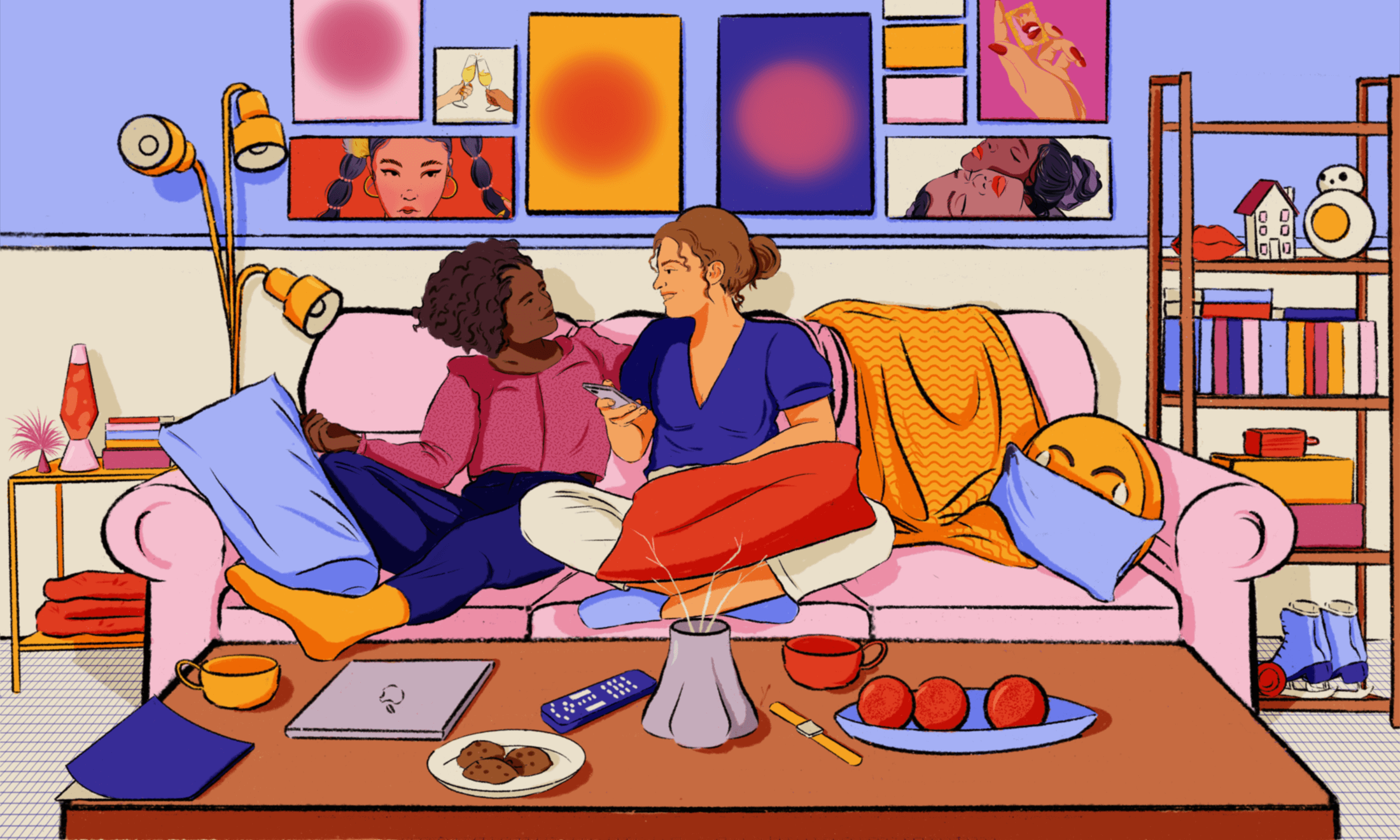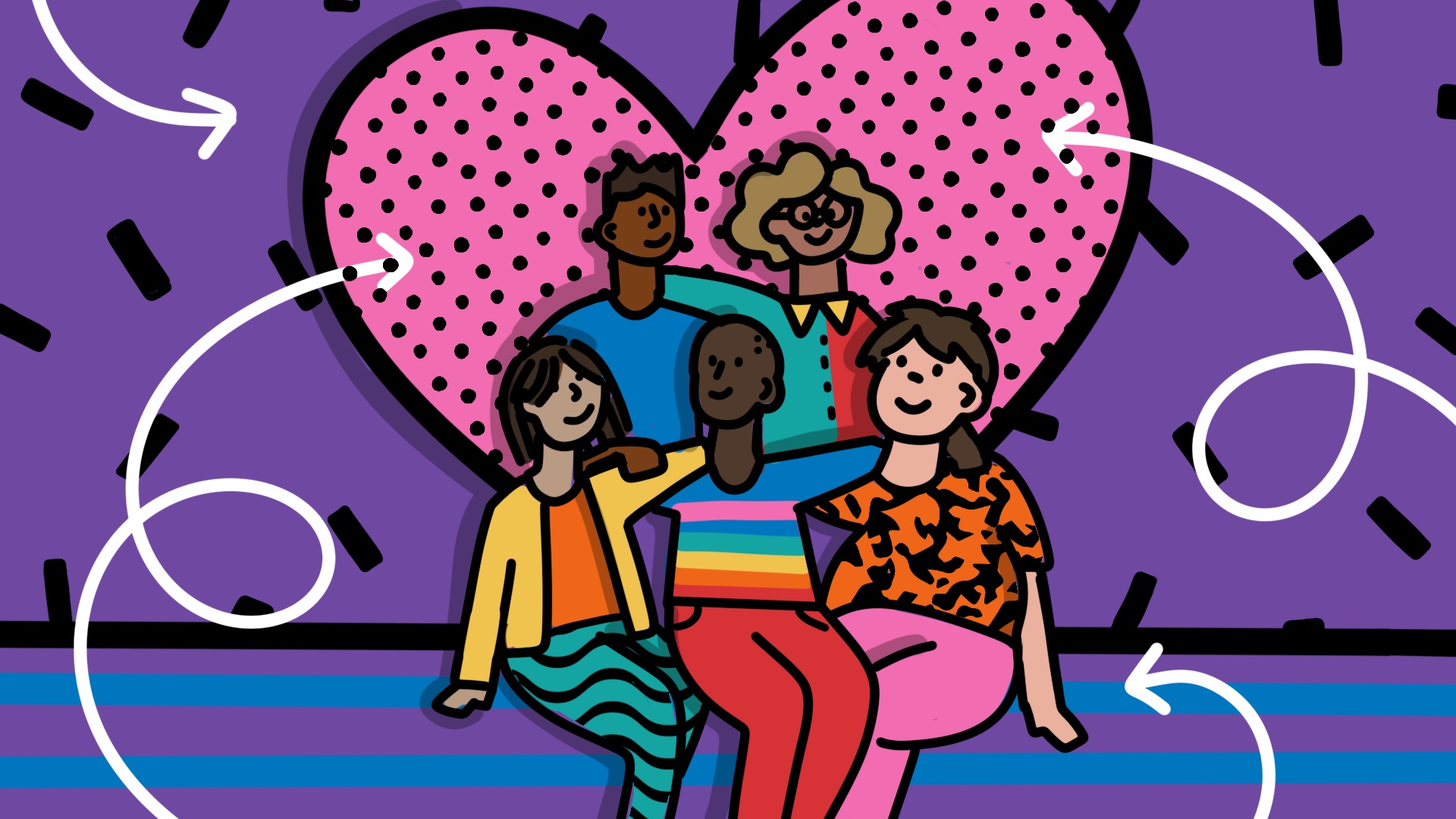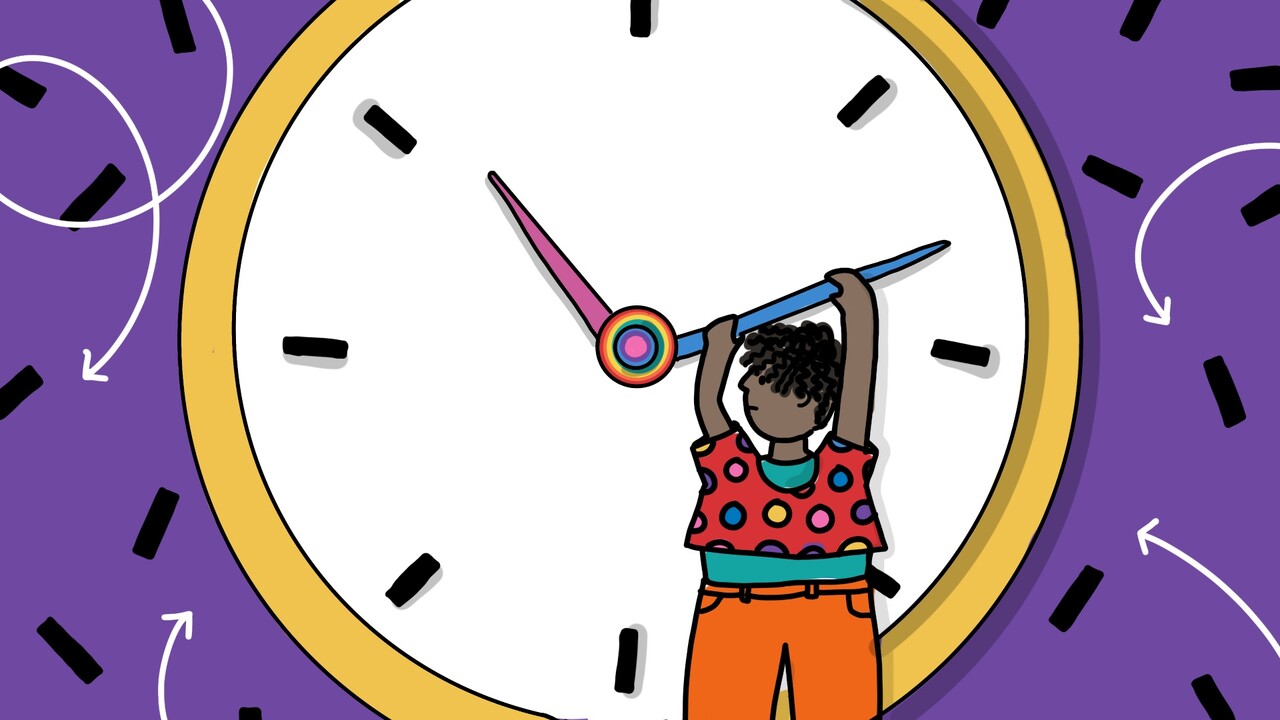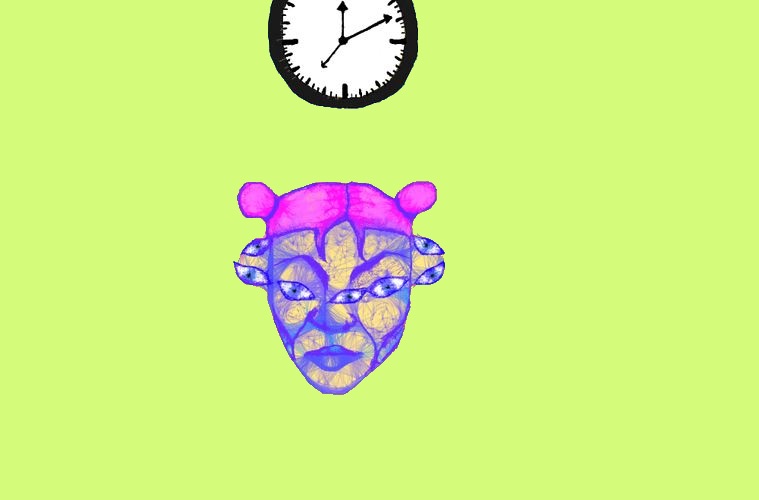
#SELFCARESUNDAYS: why being the ‘agony aunt’ of your group can impact your well-being
Samhita Foria
25 Feb 2018
Now don’t get me wrong, I love my self-proclaimed role of agony aunt in my friendship group. As a lifelong busybody, I’ve had an opinion on other people’s problems probably since I was aware of my own moral compass and became attuned to my personal values.
“There aren’t many other things in life more rewarding than counselling a friend through their troubles”
There aren’t many other things in life more rewarding than counselling a friend through their troubles that they’ve shared with you; the connection felt after they’ve decided to confide in you, essentially baring their soul is, to me, what a genuinely meaningful friendship is built upon.
Altruistic feelings aside, it also taps into my own feelings of gratification which in turn allows me to feel good about myself. After all, there’s no such thing as a selfless deed, right? We’re all supposed to be inherently selfish individuals and all good deeds are allegedly self-serving due to the warm fuzzy feeling we get when we help others.
“This can create a potentially threatening situation for your mental well-being”
But what happens when you get so caught up in your role as the friend with the helping hand that you start to disregard your own issues and put your mental health on the backbench? Made even more problematic by the people-pleasing-above-thyself mentality that a lot of women (even “woke” women who are aware of this trait) find hard to shake. This is due to societal roles of being caregivers and nurturers; couple that with “nice girl syndrome” and this can create a potentially threatening situation for your mental well-being.
Nice girl syndrome is used to describe the issue of being “too nice”, to the detriment of your own wellbeing, that a lot of women face. Symptoms include the inability to say no, a deep-rooted fear of upsetting others and measuring your own self-worth by how liked/accepted you are, which, for nice girls, is thought to be dependent on how nice you are. It stems from valuing more passive qualities in girls such as kindness, empathy and agreeability qualities which are of course praised in boys as well, but with traditionally masculine traits such as strength (both physically and of conviction) and audacity encouraged .
“Sometimes I feel like a fraud, guilty of putting on a front, for the helper can never become the ‘helpee’ can they?”
There’s nothing wrong with being a nice girl but being too nice to the point of being eager to please, and in turn being afraid of rejection, is dangerous. Not only for the sake of our own mental health (associated pitfalls include overthinking, overexerting yourself and being dependent on others’ validation for your happiness) but also for those trying to thrive in a professional or social setting, where there is the risk of being taken advantage of.
I must admit that sometimes I feel like a fraud, guilty of putting on a front, for the helper can never become the “helpee” can they? I am the friend with all the answers, I am the friend who is supposed to have a good grip on life so how can I be a hypocrite and not have the answers for my own problems?
“I am unwilling to reach out and ask for help for fear of showing vulnerability”
Personally, going back home for long periods (I live in a rather dead,colourless-in-every-sense-of-the-word, village) dredges up feelings of despair and depression. Maybe this is because I associate my old room with my volatile teenage angst, or because of the isolation that I feel due to all my friends being in other cities and it’s made even worse by the extrovert’s curse of gaining their energy primarily through social interactions. Maybe it’s a combination of all these factors, but what I do know is that I am unwilling to reach out and ask for help for fear of showing vulnerability.
Our own issues therefore fade into the background as they’re “not as important” in our heads but of course problems that aren’t dealt with don’t go away, they fester, becoming dense and overgrown., They lead to breakdowns and/or lashing out at either ourselves or those closest to us (in my case, the victims are my poor parents who bear the brunt of a lot of my irrational outbursts).
So yes, I am a nice girl. I am a good friend, an agony aunt and a perpetual clown. But I am also human and sometimes struggle with problems of my own. So it’s ok to put myself first sometimes, to ask for help and be vulnerable because I’ve realised that often it is stronger to show your weaknesses than to hide them completely.


